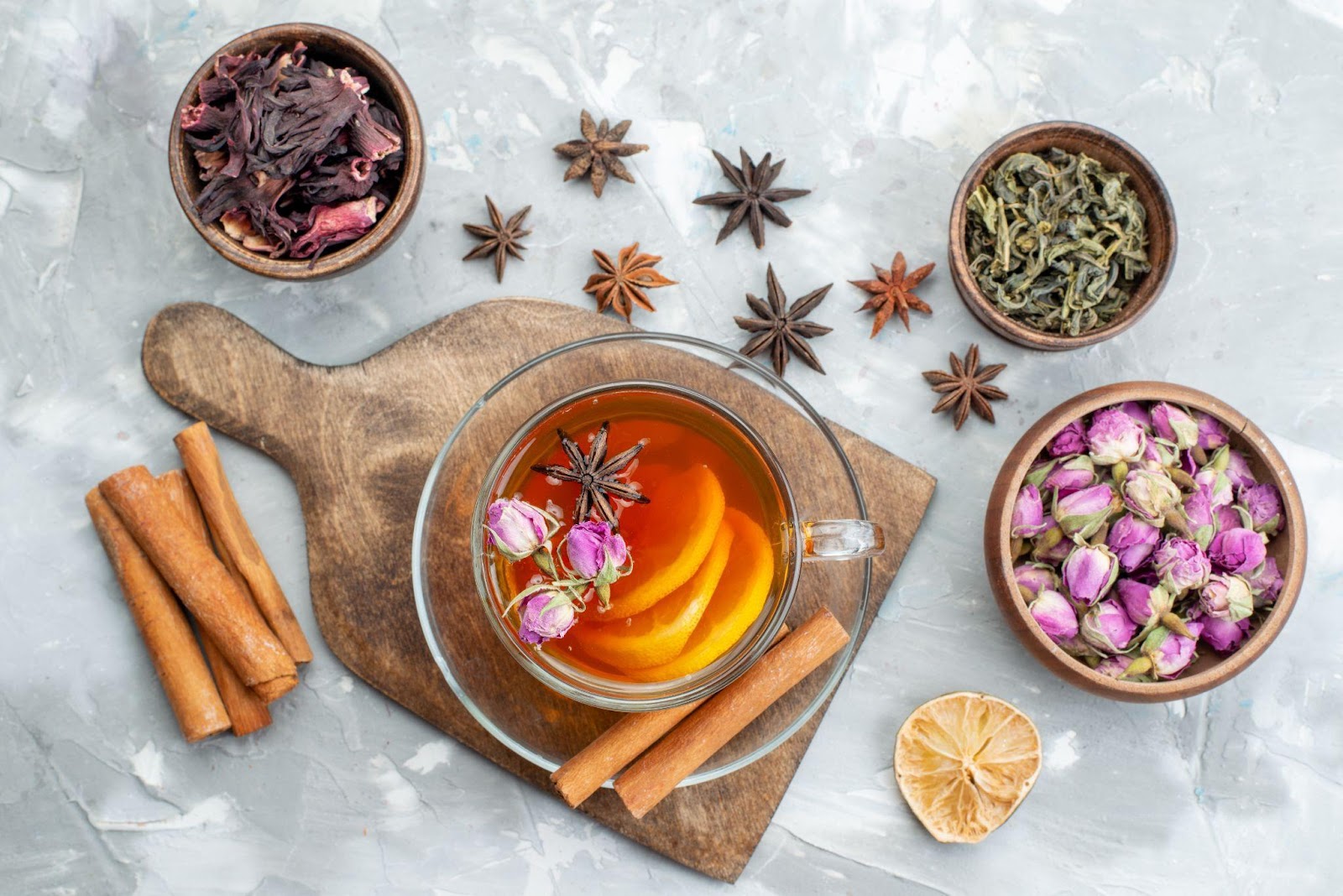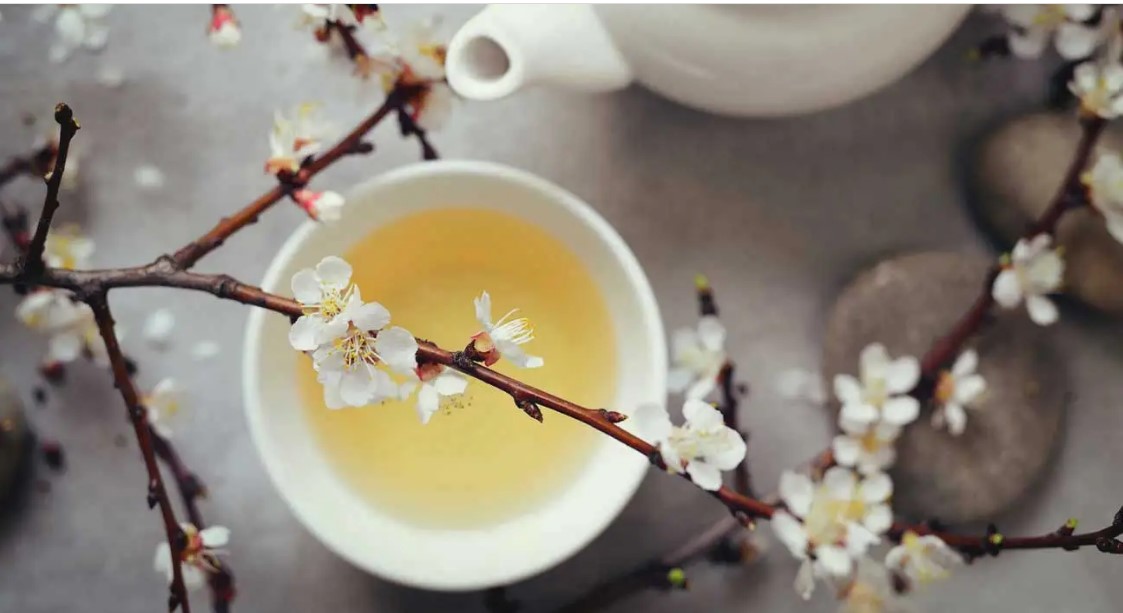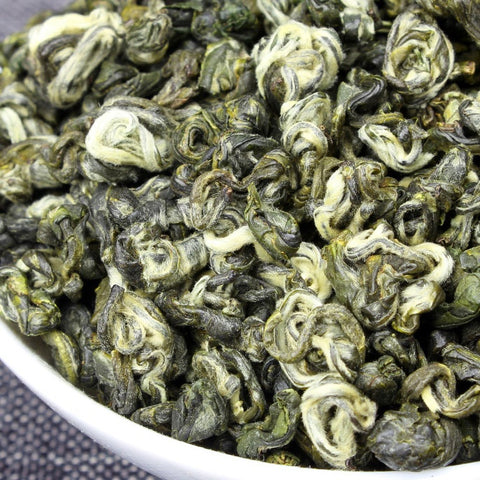
Blog
Sustainable Tea: How to Brew a Better Future with Every Sip?
June 03, 2025
Share:
In Singapore, where tea is both a cultural staple and a daily habit, more drinkers are beginning to ask: What impact does my brew have?
From the carbon footprint of supply chains to the packaging waste generated, the environmental and social impacts of tea production are far-reaching.
As awareness grows, so does the need to make thoughtful choices, not only in the teas we select, but also in how they’re grown, packaged, and brought to our cups. Considering this, choosing sustainably sourced tea may seem like a small act, but it can make a significant difference.
What is Sustainable Tea?
Sustainable tea encompasses more than just the final product; it involves the entire journey from cultivation to your cup. This tea production process involves eco-friendly farming and ethical labor practices, thereby minimizing environmental impact.
Rolling Pastures exemplifies this holistic philosophy by incorporating practices such as fair trade sourcing, environmentally sustainable farming, and cutting-edge agricultural technology in tea production. We are committed to minimizing carbon footprints across our farms by adopting the latest eco-friendly installations and techniques.
Beyond environmental responsibility, we uphold strict fair trade standards, partnering only with farms that meet our rigorous criteria for sustainability. We also invest in these farms to support long-term sustainability and encourage annual certification updates, ensuring transparency and accountability.
Additionally, all produce is screened for compliance with Good Manufacturing Practices (GMP) to maintain consistent quality, taste, and nutritional value.
The Benefits of Organic Farming in Tea Production
Certified organic farming is crucial to sustainable tea production, emphasizing the cultivation of tea without the use of synthetic fertilizers, pesticides, or genetically modified organisms (GMOs). This method promotes soil health through techniques such as composting and crop rotation, thereby ensuring long-term land fertility.
Additionally, organic farming supports biodiversity by promoting a diverse ecosystem that is free from harmful chemicals. It also benefits human health by reducing chemical residues in both the tea and for farm workers, creating a safer, healthier product for everyone.
The Environmental Impact of Traditional Tea Production
Traditional tea farming often involves clearing large areas of forest to make way for plantations, resulting in habitat loss and a decline in biodiversity. The use of chemical pesticides and fertilizers can contaminate nearby rivers and streams, causing water pollution and harming aquatic life. Additionally, intensive farming depletes the soil, leading to erosion and degradation, which in turn disrupts the local ecosystem and threatens water sources.
However, sustainable practices in tea production, such as organic farming and responsible water management, can help mitigate these impacts. By promoting healthier soil and reducing chemical runoff, these methods protect natural resources, contributing to the long-term health of our planet.
Tea Capsules vs. Tea Bags
When comparing tea capsules to traditional tea bags, the environmental impact is significant. Tea bags often contain non-biodegradable materials, such as plastic, which contribute to waste and pollution.
In contrast, tea capsules such as those used in our Micro Tea are a more sustainable alternative. Their compact and efficient design uses less material overall, thereby reducing waste.
Additionally, our tea capsules are fully biodegradable, and the tea leaves blend directly into hot water, eliminating the need for extra packaging. This means less waste ends up in landfills, making tea capsules a more eco-friendly option for those looking to reduce their environmental impact while enjoying a high-quality brew.
Why the Tea Industry is Going Green?
The tea industry is shifting toward sustainability due to growing environmental concerns, increasing consumer demand for ethically sourced products, and a growing emphasis on corporate responsibility.
In Singapore, the tea market remains strong, driven by increasing interest in premium and specialty teas, as well as herbal flower teas and wellness blends. Health-conscious consumers are now seeking tea brands with specific benefits, such as supporting digestion, boosting immunity, and promoting overall well-being, like our Micro Tea, which may also help maintain consistent blood sugar levels. However, the consumers are not just concerned about what’s in their cup, but also where it comes from, prioritizing healthy teas that are ethically and sustainably sourced.
As a result, sustainability and ethical sourcing practices have become crucial factors in consumer decision-making. By adopting sustainable practices, tea companies can enhance their reputation, improve competitiveness, and attract eco-conscious consumers and investors, shaping the future growth path of the industry.
Choose Rolling Pastures for a Sustainable Sip

Making sustainable choices in your daily tea routine can create a meaningful impact on both the environment and the communities behind every cup. That’s why, at Rolling Pastures, we’re committed to sustainable farming and ethical practices, so you can enjoy high-quality tea while supporting a more responsible and transparent industry. With every mindful sip, you're helping to brew a better, more sustainable future.





